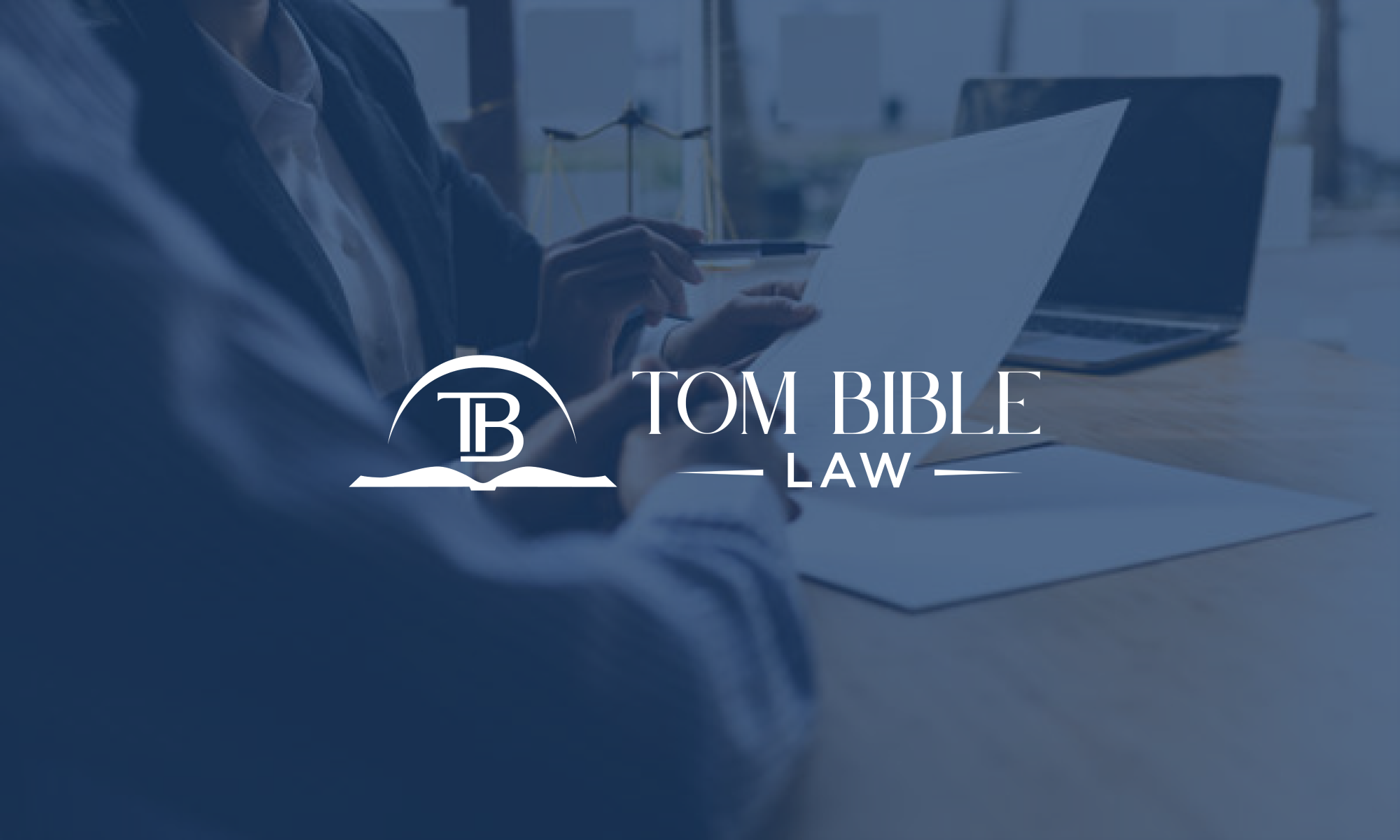Bankruptcy is a complex process that can leave people wondering which type of bankruptcy to file for. Understanding the differences between Chapter 13 bankruptcy and Chapter 7 bankruptcy is crucial for taking the right steps for your unique financial situation. Each type of bankruptcy comes with its own steps and options for escaping debt. Reach out to a Tullahoma bankruptcy attorney to start navigating this process today.
Chapter 13 vs. Chapter 7 Bankruptcy
Filing for bankruptcy does not have to be daunting. Bankruptcy can offer a reasonable option for escaping crushing debt when you feel like there are no other options available. Knowing the differences between Chapter 13 and Chapter 7 bankruptcy can be helpful for knowing which one to file for.
The way Chapter 13 bankruptcy works is by creating a new repayment plan for debt. You might be wondering how a new repayment plan will help you escape debt if your current monthly payments are draining your money. This new repayment plan will be designed with lower monthly payments than the original payment plans.
Payments usually start within 30 days after filing for Chapter 13 bankruptcy. A bankruptcy judge will ultimately decide if the new repayment plan is acceptable. However, creditors can still fight against the new payment plan. Consider working with a bankruptcy lawyer who can help you defend your case.
Filing for Chapter 7 bankruptcy means you will sell off financial assets to pay back creditors. Chapter 7 bankruptcy can be filed for as a single individual, partnership, business, or corporation. Do not panic if you are worried about all your financial assets and belongings being sold off. Certain assets are protected from being sold during Chapter 7 bankruptcy.
What to Expect from Chapter 13 and 7 Bankruptcy
You might be wondering what to expect when filing for bankruptcy, whether this is Chapter 13 or Chapter 7 bankruptcy. A bankruptcy trustee will be assigned to your case to take on certain tasks. These tasks include looking for assets to sell for Chapter 7 bankruptcy or determining signs of the means test for Chapter 13 bankruptcy.
Specifically for Chapter 13 bankruptcy, the bankruptcy trustee will determine if all the eligibility criteria are met. These criteria include whether you have enough income to afford the new payment plan and whether creditors are receiving a sufficient amount of monthly payments. The bankruptcy trustee will make sure these payments are properly made to creditors.
Not only that, but a bankruptcy trustee will make sure no fraud or withholding of information has occurred. A trustee can go as far as to discover reversible transactions, incomplete financial information, and hidden assets. Being honest will not only prevent potential problems but may also keep the overall process from slowing down.
Contact Tom Bible Law Today
Filing for bankruptcy can be confusing. You can contact us today at Tom Bible Law by dialing 423-874-6628 for a consultation about what steps you can take related to bankruptcy. Our legal team of Tennessee Bankruptcy Lawyers can work with you to assess your current financial situation to determine your options for bankruptcy. We are located throughout the Tennessee cities of Chattanooga, Kingsport, and Tullahoma.


